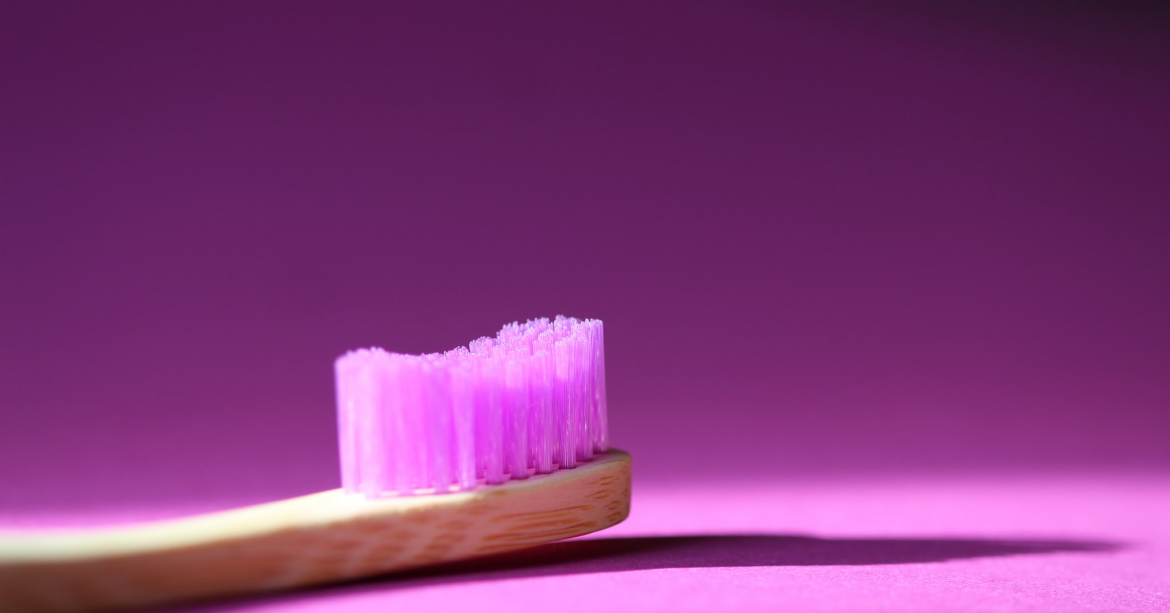“Routine”. Sounds boring, right? In fact, these days the word is almost considered interchangeable with monotonous. When really, a routine can be one of the most valuable things a person can have when recovering from a major life event.
After delivering my baby on a Friday evening and returning home on Sunday, I woke up Monday morning and hit Starbucks. Why? It was part of my normal routine and I really wanted to feel “normal” – because delivering a baby is not normal. It’s just not.
My father has had a few surgeries and has been unable to work out. As someone who’s been in the gym regularly for all 67 years of his life, this was a far stretch from his “normal”. When he was prescribed physical therapy for his neck and shoulder we found the most badass athletic center which happens to also have a fantastic rehabilitation program – hey, Barwis! So while he could have been stuck in a doctor’s office twice a week with the older and sicker feeling older and sicker, he was able to have that small slice of routine pie by being in an environment that had been missing from his routine. When I talk with him after those appointments, he sounds a little bit more like himself than he did before. (Side note: check out their unparalleled Neurological Re-engineering Program).
When you prepare for surgery, elective or emergency, you are given a set of pre and post operative directions, all advising you how to behave to maximize your procedure and safely navigate your recovery. In the eleven years I’ve been seeing patients before surgery the one question that always comes with urgency is “but how long until I can get back to my routine?” Because in theory we may not like routine, but in realty we love it. It give us a sense of normalcy, makes us feel grounded, prepared and a bit more in control, especially during an out of control time. There is an undeniable correlation between return to routine and your return to feeling “well”. Here are five reasons to adopt a routine into your post op plan:
- Maintain a Sense of Control: When life throws a curve ball, a routine reminds you that there is at least one area of your life that you have control over. That is empowering and feels good. Your day, your routine. Yours. You get to decide what that looks like. You control that. Even if that is the only thing you can control.
- Increase Productivity: Having your day planned out and knowing what happens when, eliminates scrambling and keeps your brain compartmentalized, allowing your focus to remain on one thing at a time. Even if that means waking daily at 7am and taking a shower – it’s planned and productive.
- Improve Self Confidence: You’re really great at brushing your teeth, right? Right. Because you do this several times a day for as long as you can remember. Very little effort is required perform a routine task. You’ve mastered these daily tasks and you’ll feel good about the effortlessness of achieving that task.
- Eliminate Decision Fatigue: Keep your head space free for the big decisions. The average person makes 35,000 decisions a day. It’s why Steve Jobs wore the same black turtleneck daily and why Dr. Dre puts on the same Nike Air Force 1’s every morning. Having that routine brings their decision making count down a rung and effectively frees up head space for the more important decisions.
- Get Better Sleep. Adults who went to work and ate dinner around the same time every day typically slept better, woke up fewer times during the night and fell asleep more quickly at bedtime, says a study out of the University of Alabama. And it has just been found that sleep is more important than good nutrition in speeding wound healing. Done and done.
While no doctor should push you to return to things that may jeopardize your safety or mental health, slowly easing back into your day-to-day routine should be encouraged sooner than later to effectively increase patient satisfaction and state of mind. Whether that’s as small as a walk around the block for an athlete or an hour of emails for a executive, it reminds the patient that they are still a person and not just a patient. And that makes us all happy.
*note: author does not condone routine for things like sex and sandwiches…mix that shit up.*






